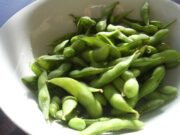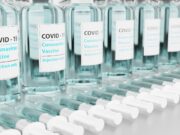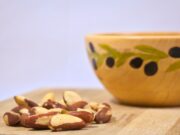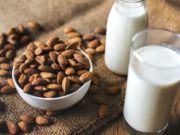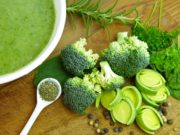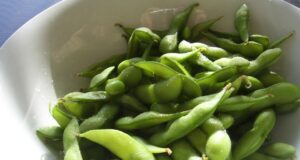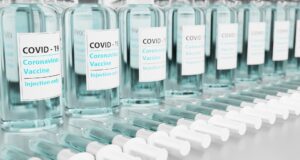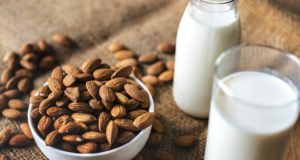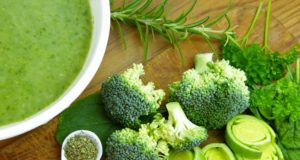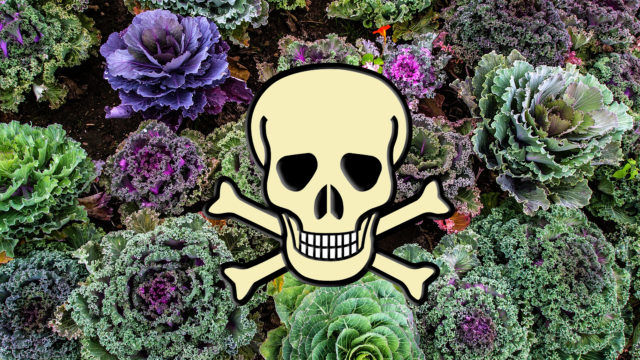An Astounding Kale Contamination Health Jeopardy? Just now an extremely worrying pesticide news clip. (Jessica Bursztynsky – CNBC Correspondent).
Kale, that I almost religiously seek as supposedly an excellent microbiome, pre-biotic and pro-biotic, containing fiber, and fantastic nutrients and minerals, now joins the ‘dirty dozen’ of fruits and vegetables containing highest amount of pesticide residues!
This after an analysis by the Environmental Working Group (EWG). All taken from the US Department of Agriculture (USDA) produce tests.
Just happens that the last time Kale was in those tests, back in 2009, ranking eighth in the dirty dozen lineup:
Kale is alongside Strawberries, which this site says is risky, Spinach a green yes normally, but now!
Notice the lineup of fruits!
Nectarines, Apples Grapes, Peaches, Cherries, Pears, Celery
and then Potatoes, that generally I try to avoid for its high Carbohydrate content equating to Sugar! But with exceptions for their incredible nutrients and ability to be turned into Resistant Starch!
Somehow naievly think that thoroughly washing, for example an apple, and peeling the skin off the ends helps. It does for apples, but this is difficult with kale, and that product subject to washing in pretest anyway! AND still 92% pesticide residue!
After washing and peeling the appropriate vegetables, still significant residues in this list according to the report. Almost 60 percent of the kale samples show residual Dacthal, a pesticide known as a possible human carcinogen.
“We are surprised kale has so many pesticides on it, but the test results are unequivocal,” says EWG Toxicologist Alexis Temkin.
But now the plus side!
The group releases its “Clean Fifteen” list as well, highlighting the 15 produce items with the least amount of pesticide residue.
Includes: avocados, a product I advocate wholeheartedly and even to consume some of the seed!
sweet corn, pineapples, frozen sweet peas, onions, eggplants, asparagus,
and now for cauciferous vegetables, the best! cabbages, cauliflower, broccoli,
Then another favorite of mine, mushrooms; and finally honeydew melons. cantaloupes, papayas, and kiwis,
Solution: Buy organic produce whenever possible to avoid pesticides, BUT also, according to the report, following comment: That shouldn’t deter people who can’t afford organic, from eating these items. Reasoning:
“The health benefits of a diet rich in fruits and vegetables outweigh the risks of pesticide exposure,” says EWG Research Analyst Carla Burns. My advice: avoid both negatives if possible!





